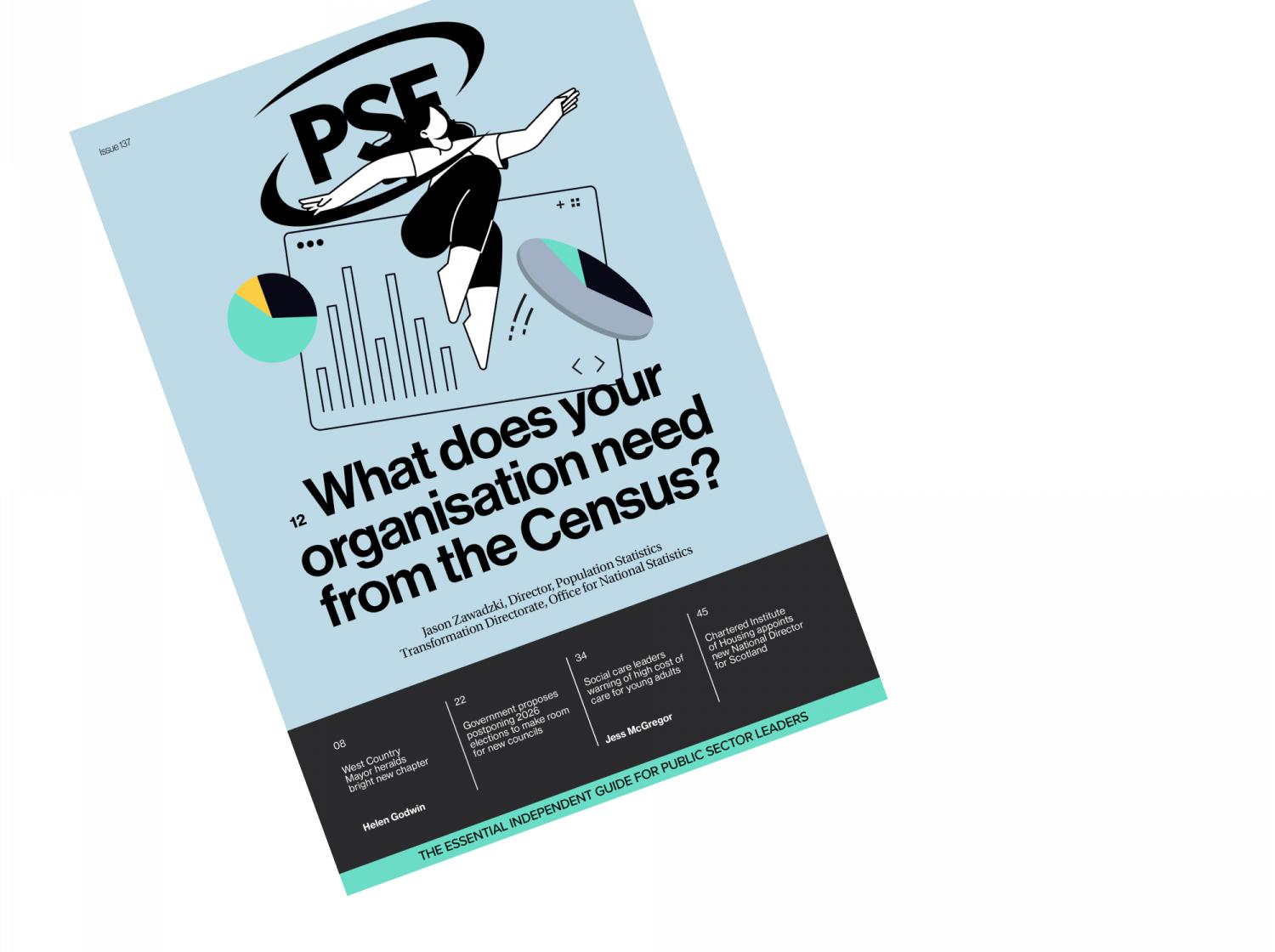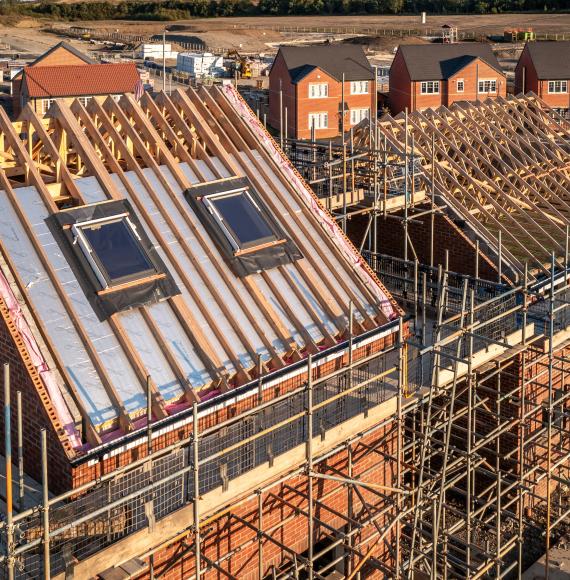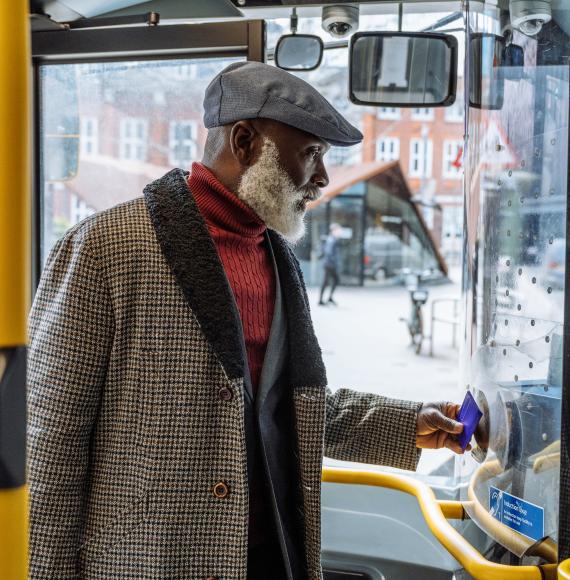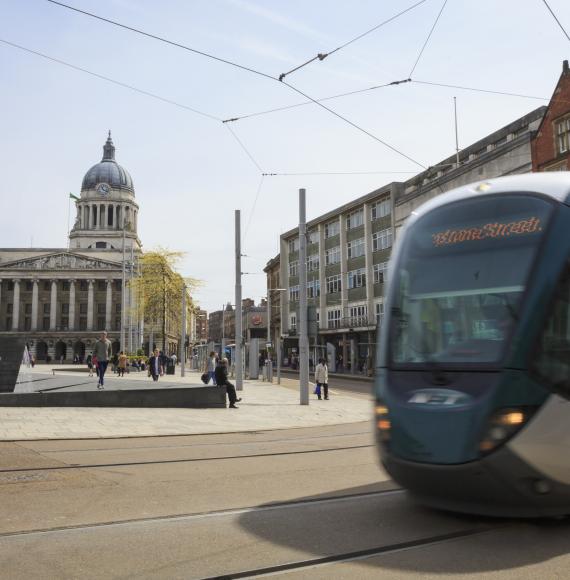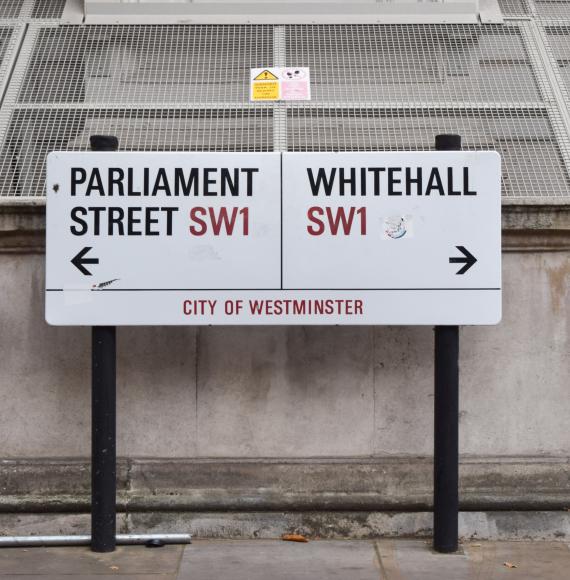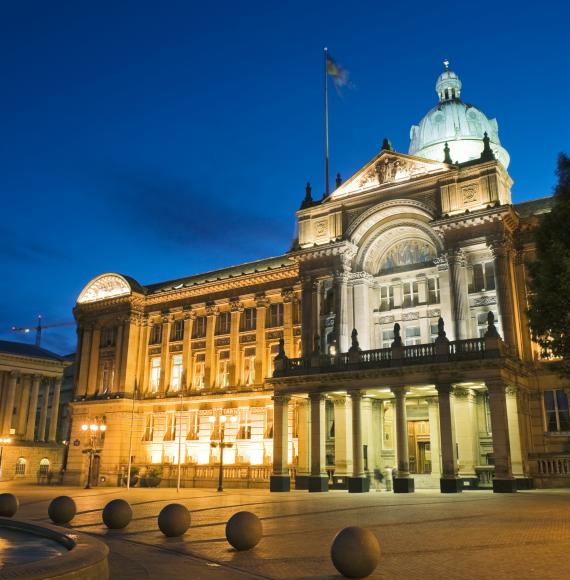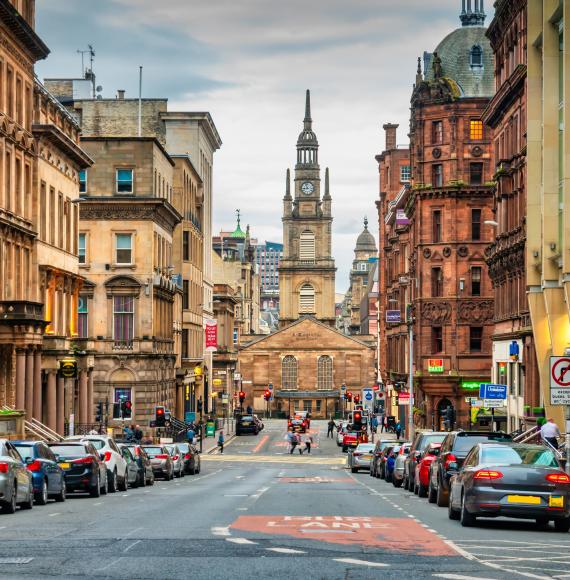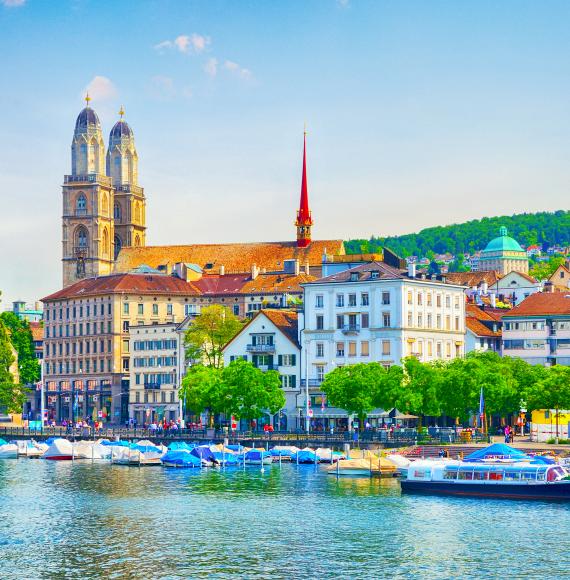Like every other city across the country, Wales’ capital Cardiff has felt the effects of Covid-19, but the council has a plan to ensure that it build backs better from the pandemic and is transformed into a place where people want to work, visit, invest and live in.
Earlier this year, a five-year plan to ‘reimagine’ and ‘revitalise’ the city centre in a post Covid-19 world was published by Cardiff Council and is designed to bring partner groups and stakeholders together to help realise the vision.
It focuses on nine key themes:
- A fully curated (managed) city centre which is clean, safe, green and attractive to all.
- A dynamic business and employment hub delivering more job opportunities.
- A city centre which lies at the heart of a fully integrated transport network.
- A green and biodiverse city centre.
- A centre which contains excellent urban design and public realm.
- A ‘blue city centre' which makes use of its rivers and canals.
- A vibrant centre to live, work and play in.
- A centre focussed on great cultural offerings.
- A city centre which offers a quality experience to visitors.
Discussing why the council developed a five-year plan, Leader of Cardiff Council, Councillor Huw Thomas says:
“We were determined as we were coming out of Covid to make sure that Cardiff and the city centre in particular continues to be a destination and continues to make an important contribution to the economy of Wales that it had been doing before.”
Cardiff city centre, which Councillor Thomas refers to as a “real dynamo of the Welsh economy” is home to around 70,000 jobs and has many offices, retail and hospitality venues, something which he says the authority wants to “nurture and protect”.
He says the key to revitalising the city centre is embracing changing work patterns (i.e., working from home/hybrid working) and by working closely with private sector organisations and the Cardiff Business Improvement District.
It is also important to ensure that the council takes an active role in supporting business, which he calls an “active approach to city management”.
Prior to the pandemic hitting in March 2019, there was a “real sense of dynamism” in the city and it was one of the UK’s fastest growing cities, with job growth on the up and many developments (both public and private) being on the agenda.
Despite Covid disrupting this progress, the city is bouncing back, especially in terms of footfall return and there has been a “strong interest” in the property market, he says:
“We are looking to manage and curate that recovery and renewal going forward to continue to position Cardiff as a medium sized city that can offer it all really and address some of the concerns that led people to leave London during the pandemic.”
With the Welsh Government aiming to be net zero by 2050, Cardiff Council has its own ambitions to be a carbon neutral city by 2030 and the theme of being ‘a green and biodiverse city centre’ plays an important role in this, but what does it involve?
Councillor Thomas says that this theme will help to improve air quality and mentions the introduction of sustainable urban drainage, which is linked to increasing development in the area.
As well as this, at the city’s Central Square, the council is bringing trees and grassland at “some scale” back into the city centre, which he says will “slow down the runoff of the surface water into the sewers” and “making the area feel more biodiversity, feel greener and an area people want to want to be in”.
All of this is part of Cardiff Council’s plans to create a more ‘experiential’ city centre “where people come in for the experience” and return time and time again, Councillor Thomas says.
One way of attracting people to cities is by utilising its rivers (think Thames in London, Seine in Paris etc.) and Cardiff is grasping this mindset, with one of its nine key themes aiming to create a ‘blue city centre’ by making use of the area’s rivers and canals.
Cardiff is a ‘blue city’, with it being located at the mouth of Cardiff Bay and the River Taff running through its heart, but how can the authority capitalise on this?
Historically the city was intersected by a number of canals, which goes back to the Middle Ages, however, Councillor Thomas believes that the city has “lost that legacy” over the past 50 years due to them being concreted over, but believes they are “an important part of the story of Cardiff”.
“I think it helps us in terms of placemaking again, and frankly, also in terms of sustainability and urban drainage,” he adds.
Plans are already underway to make Cardiff have a ‘blue’ city centre, with work having started in February to re-open the canal underneath the city’s Churchill Way, which will see major changes to transport infrastructure in the area.
Councillor Thomas says he hopes this will bring a new feature to the city centre and attract investment, which will benefit footfall in the area and move it away from it being a “car dominated” community.
This is part of a wider ten-year plan to reinvigorate this part of the centre and he said another plan is to construct a number of pedestrian bridges which will link residential areas across the River Taff to the heart of the city.
He says that these plans will help turn the tide on the past 50 years, a time in which the city “has turned its back” on its rivers.
Unlike most other cities across the UK, Cardiff’s city centre is dominated by a state-of-the-art stadium, the Principality Stadium, which is home to the Wales rugby union team and has hosted many major events, including football matches and concerts.
Councillor Thomas says this “key draw” is something that the council wants to take advantage of, including increasing the time that visitors attending an event at the ground stay in the city for.
“I think that's recognized as part of the renewal strategy and you'll see an emphasis in it on curating the city centre, in terms of cleanliness and safety, but also in terms of animation.”
He says the council is aiming to get more live music events and street busking in the centre of the city, which is also home to Cardiff Castle, as well as other types of animation in order “reinforce that experience” that both visitors and residents get by visiting the city.
Despite worries that Covid-19 would mark the end of the British city centre as we know it, but Councillor Thomas believes that this reaction is “overstated”.
He believes that Cardiff’s cultural, sporting, shopping, retail and hospitality offering will make it remain “hugely attractive” to people, as well as the city’s green infrastructure within the urban environment.
All of these ambitions links to the council’s nine key themes to regenerate the city centre, with a green, blue and biodiverse strategy in line to play a pivotal role in securing Cardiff’s place not just as Wales’ capital or a core UK city, but a modern and vibrant European capital.
Despite Covid-19 and all of the implications of this, the Welsh dragon still breathes fire into Cardiff city centre and with the council’s ambitious plans, it will continue to do so for some time to come.
PSE365 will be hosting a Public Sector Levelling Up virtual event on 17 November, sign up here.



